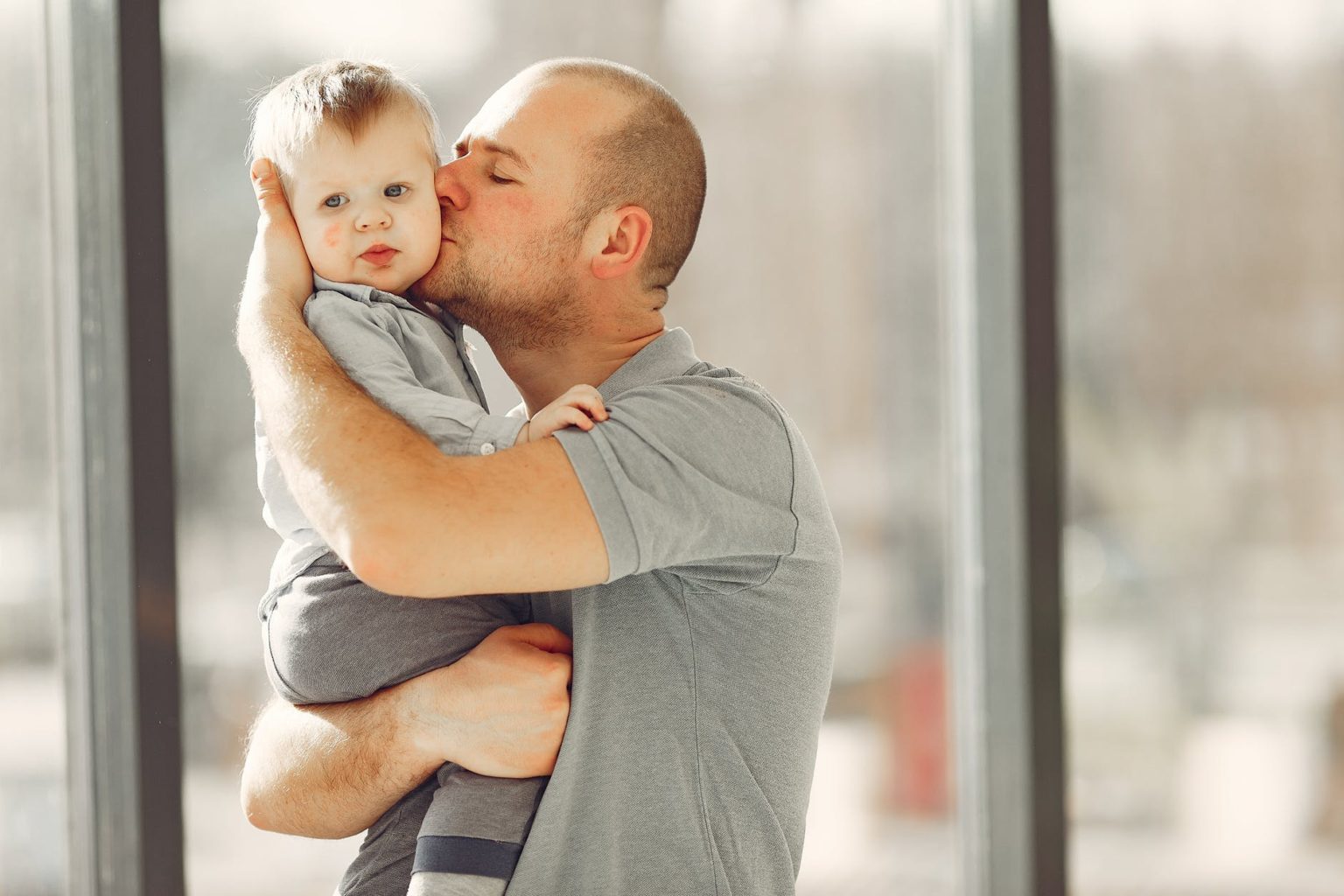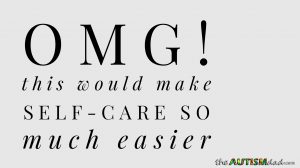From a newborn baby who spends most of their time sleeping and eating to a toddler who won’t sit still, the transformation in the first year of life is nothing short of miraculous. Every month brings new developmental stages that are exciting to see. Although babies develop different skills at different rates, sometimes missing a milestone could be due to something more serious, such as cerebral palsy – you can find out more on this website. If you have any concerns, speak to your pediatrician.

One to three months
During the first three months, your baby is getting used to the outside world. The sensations and sounds they felt and heard in the womb are still the most comforting, and they spend the vast majority of their lives sleeping. However, there are still milestones that you can look out for.
- Smiling. At first, they will just smile to themselves, but within three months, they will smile back at you when you smile.
- When you place your baby on their tummy, they will lift their head and chest.
- They will follow objects with their eyes and will be crossing their eyes less
- Your baby should be able to open and close their hands and bring them to their mouth.
- They will reach for objects, although they will probably not be able to grab them yet.
Four to six months
At this point, your baby’s personality will be shining through. They will be learning to manipulate the world around them and should be able to reach out for things they want. They’re mastering their hands and discovering their voice box.
- Your baby can roll over from front to back and back to front.
- They are making baby sounds, and they are beginning to sound like a real language.
- They are laughing.
- Your baby can reach out and grab things and manipulate toys with their hands.
- By this point, they should have head control and can sit up with support.
Seven to nine months
These months are dominated by your baby, being able to get places that they want. They may be rolling or pushing themselves forward. This is the time to baby-proof your home if you haven’t already!
- They might start to crawl or push themselves forward on their bottom or tummy. Some babies may never crawl and go straight to walking; this should not be a cause for concern.
- Sitting with no support.
- They will now be responding to familiar sounds such as their name and may respond by looking at you and stopping. They may also be making sounds like dada and mama.
- Your baby may clap their hands and respond to games such as peekaboo.
- They are learning to pull themselves up to standing.
Ten to twelve months
They are no longer a newborn baby and are beginning to act like a toddler.
- Starting to feed themselves.
- They can hold small objects.
- They can say a few words, such as dada and mama. The average amount of words at this age is three.
- They point at objects they want and try to get your attention.
- They begin to play and copy you using objects; for example, they might pretend to talk on the phone.
- Your baby might take their first steps, but this can vary.



